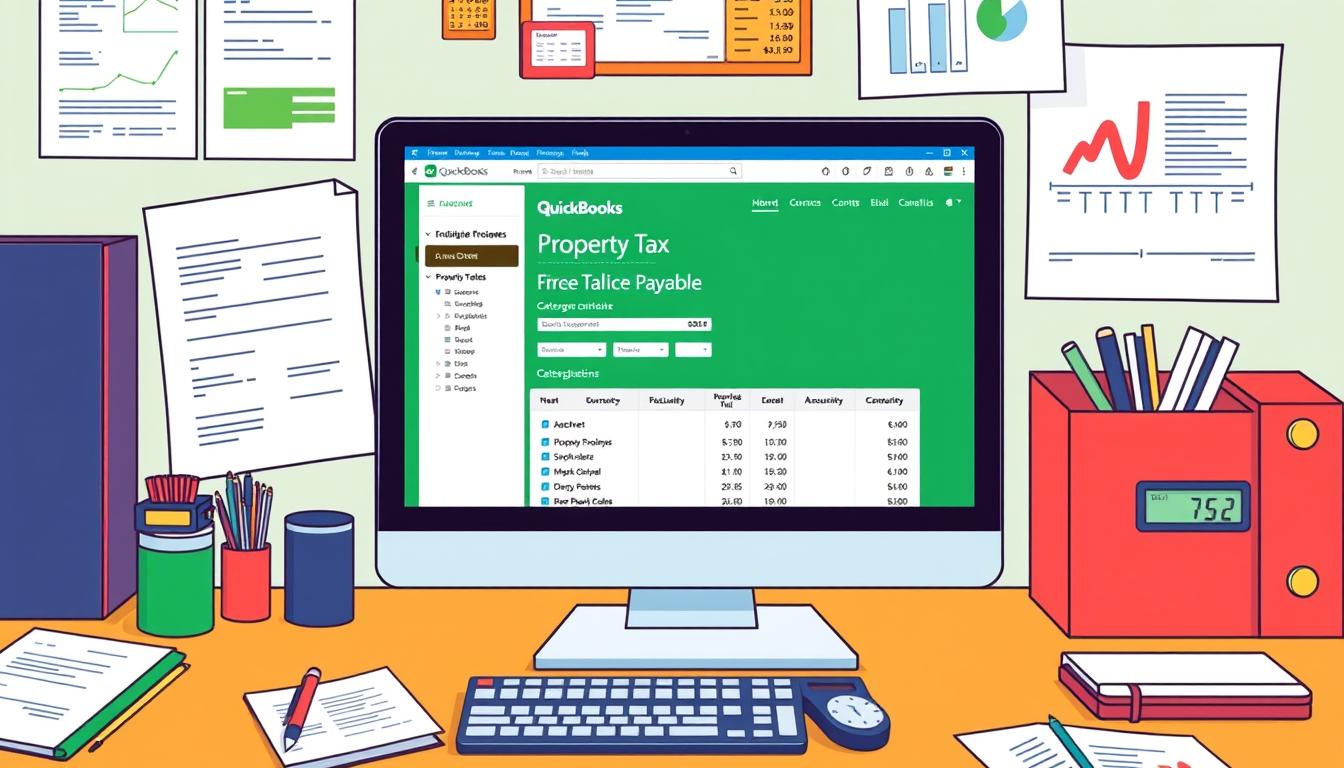
How to use quickbooks accounting software for bir

Table of Contents
In today’s fast-paced business world, managing finances well is key to growing and following the law. QuickBooks is a top choice for businesses wanting to make their financial tasks easier, especially for BIR compliance. It has a user-friendly design and strong features that make bookkeeping, tax tracking, and reporting simpler.
Learning how to use QuickBooks can make keeping accurate financial records easier. This is important for meeting BIR standards. Whether you run a small business or a big one, this guide will help you use QuickBooks well. It’s all about making sure you’re in compliance and improving your financial health.
Key Takeaways
- QuickBooks enhances efficiency in financial management.
- The software supports BIR compliance to avoid penalties.
- User-friendly interface simplifies accounting processes.
- Accurate financial tracking is achievable with QuickBooks.
- This guide offers insights on setting up and optimizing usage.
Introduction to QuickBooks for BIR Compliance
QuickBooks for BIR helps businesses stay on top of tax rules with the Bureau of Internal Revenue (BIR). It makes tax accounting easier and keeps up with new rules.
The software keeps tax tables up to date. This helps users avoid tax mistakes. It also makes financial reports easy to do, which is key for tax obligations.
QuickBooks for BIR has cool features like automatic tax calculations and ready-to-use documents. These save time and let business owners focus on their work. It makes managing money easier and boosts business efficiency.
- Automated Tax Calculation: Simplifies the process of determining tax obligations.
- Real-time Updates: Incorporates changes in tax laws, ensuring current compliance.
- Streamlined Financial Reporting: Generates necessary documents for BIR submissions.
Using QuickBooks for BIR improves tax accounting and makes tax compliance easier. It prepares businesses for audits and BIR checks.
Benefits of Using QuickBooks Accounting Software
Today, businesses are looking for ways to work smarter and faster. QuickBooks accounting software offers many benefits. It boosts productivity and ensures financial accuracy. Knowing these QuickBooks benefits can really help a business succeed.
Time Savings and Efficiency
QuickBooks is great at saving time and making accounting tasks more efficient. It has features like automated invoicing and expense tracking. This means less manual work for accountants and business owners.
They can then focus on other important tasks. This improves workflow and boosts performance.
Improved Accuracy in Financial Tracking
QuickBooks also helps with accuracy in finance. It reduces errors and keeps financial data up to date. This gives businesses more confidence in their financial reports.
The software automatically checks accounts. This ensures all transactions are correct. So, businesses get a clear view of their finances. This helps them make better decisions.
| Feature | Benefit |
|---|---|
| Automated Invoicing | Saves time and reduces errors |
| Expense Tracking | Enhances visibility and management of finances |
| Real-time Data Updates | Ensures accurate financial reporting |
| Custom Reports | Facilitates tailored insights for better decision-making |
Setting Up QuickBooks for BIR
Setting up QuickBooks is key for any business wanting to follow BIR rules. It involves creating a company profile and setting up tax settings. Here are the steps to get it right.
Creating Your Company Profile
Your company profile is the core of your QuickBooks account. It should show all your business details clearly. Here’s how to fill it out:
- Go to the “Company Settings” from the dashboard.
- Enter your business name, address, and contact info.
- Create a chart of accounts for your industry, listing income and expenses.
- Make your invoices and forms look like your brand.
- Check and save everything to complete your profile.
Configuring Tax Settings
After setting up your profile, it’s time to configure taxes. Correct tax settings help with accurate reports and BIR compliance. Here’s what to do:
- Go to the “Sales Tax” settings in the app.
- Pick the right tax rate for your area and business type.
- Add any extra tax agencies if required.
- Turn on sales tax auto-calculation for future sales.
- Check your tax settings often for rate updates.
By following these steps, you can set up QuickBooks for your business. It helps with financial management and follows important rules.
Navigating the QuickBooks Dashboard
The QuickBooks dashboard is key for managing your finances well. Knowing its layout and functions can make using the software better. This part talks about the dashboard’s main features and how to customize it for your needs.
Understanding Key Features
The QuickBooks dashboard has important parts that help with financial management. It lets you see real-time data with reports, graphs, and shortcuts. Here are some top features:
- Navigation Pane: This part gives quick access to things like invoices, expenses, and reports.
- Alerts and Notifications: Get updates on tasks or important financial news.
- Graphs and Reports: Visuals help you understand financial data easily.
Customizing Your Workspace
QuickBooks lets you make the dashboard fit your business needs. You can change, add, or remove widgets for better workflow. Here’s how to do it:
- Find out which features you use the most.
- Move widgets around for easier access.
- Add or remove reports and shortcuts to make your dashboard better.
By following these tips, you can work more efficiently with the QuickBooks dashboard. Knowing the key features and customizing your space makes managing finances easier.
Managing Income and Expenses
Keeping a business financially healthy is key. QuickBooks makes it easier with tools for tracking and organizing expenses. It’s important to record all transactions accurately. This way, all income sources are properly categorized.
By tracking expenses, businesses can see where their money goes. This helps in making smart decisions and adjusting as needed. QuickBooks lets users sort expenses into different groups for better analysis.
Recurring transactions in QuickBooks are a big help. They manage regular income and expenses without manual entry. This saves time and keeps cash flow steady. Regular checks on these transactions also help manage finances well.
| Income Types | Expense Categories |
|---|---|
| Sales Revenue | Rent |
| Service Income | Utilities |
| Investment Income | Salaries |
| Interest Earned | Supplies |
Generating Financial Statements
Creating QuickBooks financial statements is key to understanding your business’s health. Profit and loss reports and balance sheets are crucial. They help in making decisions and assessing the business. Here’s how to get these reports in QuickBooks.
Accessing Profit and Loss Reports
To get profit and loss reports in QuickBooks, go to the “Reports” section. Follow these steps:
- Select “Business Overview.”
- Click on “Profit and Loss.”
- Set the date range for your report.
- Look at the report for revenue, expenses, and net profit.
These reports show how your business is doing over time. They help spot trends and areas to improve.
Creating Balance Sheets
Making balance sheets in QuickBooks is easy. This statement shows your company’s assets, liabilities, and equity at a certain time. To make a balance sheet:
- Go to the “Reports” section.
- Select “Balance Sheet.”
- Pick the date for your report.
- Look at the balance sheet to see your business’s financial state.
Balance sheets help stakeholders see if your company is stable. They make informed decisions for financial health.
| Financial Statement | Description | Importance |
|---|---|---|
| Profit and Loss Report | Shows revenue and expenses over a specific period. | Helps assess business performance and profitability. |
| Balance Sheet | Displays assets, liabilities, and equity at a specific date. | Indicates company stability and financial health. |
Using QuickBooks financial statements helps make smart decisions. These decisions can move your business forward.
Tracking Sales and Invoices
Effective sales tracking in QuickBooks boosts your business. QuickBooks has tools for managing sales and invoices. This makes the process smoother from start to finish.
Creating custom invoices is easy. They look professional and impress customers. This is key for your brand.
Invoice management is crucial. QuickBooks automates invoicing, cutting down on mistakes. It also speeds up getting paid.
QuickBooks sends reminders for unpaid invoices. This keeps payments on track. It helps avoid late payments too.
QuickBooks helps you understand your sales data. It has tools for sales reporting. You can see how much money you’re making and where you can grow.
Reports show trends and sales metrics. This helps you make smart choices. You can spot areas to improve and find new opportunities.
| Feature | Description | Benefits |
|---|---|---|
| Invoice Creation | Create and customize invoices directly within QuickBooks. | Professional branding, accurate billing. |
| Automated Reminders | Set reminders for overdue invoices. | Improved cash flow, reduced late payments. |
| Sales Reporting | Generate reports to analyze sales data. | Informed decision-making, identification of trends. |
Utilizing QuickBooks for Payroll Management
Managing payroll can be a complex task for businesses of all sizes. QuickBooks payroll makes this easier by letting users create and keep detailed employee profiles. This ensures all important information is up-to-date and organized.
Having accurate employee profiles is key to managing payroll well. They include vital details like payment structures, benefits, and deductions. This streamlines the process, reducing errors and making payroll processing more efficient.
Setting Up Employee Profiles
Creating detailed employee profiles in QuickBooks is the first step to effective payroll management. Start by adding personal info like names, addresses, and Social Security numbers. Make sure to include salary or hourly rates, overtime rules, and benefits packages.
It’s important to keep employee profiles current. Update them when there are changes in employment status, hours worked, or benefits. This careful attention helps keep payroll accurate and compliant.
Calculating Taxes Automatically
QuickBooks payroll’s automatic tax calculations are a big plus. This feature saves time and reduces errors by doing the math for you. It also keeps your business in line with tax laws.
QuickBooks updates tax rates as needed. This means you don’t have to worry about federal, state, or local taxes. It lets you focus on your business while QuickBooks handles the tax details.
Integrating QuickBooks with Other Applications
QuickBooks integration with other apps can really help with financial management. It makes bookkeeping easier and reports more accurate. Focusing on payment processor connection and eCommerce sync makes these tasks smoother.
Connecting Payment Processors
Connecting a payment processor is key for online payments. Options like PayPal and Stripe work well with QuickBooks. They automate transactions, saving time and reducing errors.
- Access QuickBooks and navigate to the integrations section.
- Select the payment processor you wish to connect.
- Follow the on-screen instructions to authorize access between QuickBooks and the chosen processor.
Syncing with eCommerce Platforms
The eCommerce sync feature is crucial for online stores. It keeps sales data from platforms like Shopify or WooCommerce up to date in QuickBooks. This ensures accurate financial records.
- Log in to QuickBooks and go to the Apps section.
- Search for your eCommerce platform and click on ‘Get App Now’.
- Follow the necessary steps to complete the installation and connection.
Using these integrations well can improve financial reporting accuracy. It helps businesses make better decisions with real-time data. QuickBooks integration can make accounting tasks more efficient.
| Feature | Benefit | Example |
|---|---|---|
| Payment Processor Connection | Automated transaction recording | Connecting PayPal to QuickBooks |
| eCommerce Sync | Real-time sales data updates | Integrating Shopify with QuickBooks |
| Reduced Manual Entry | Fewer errors and saved time | Automating invoice generation |
Troubleshooting Common QuickBooks Issues
Dealing with QuickBooks problems can be really frustrating. But, many users face similar issues. By fixing these problems quickly, you can make your experience much better. QuickBooks troubleshooting means finding the main cause of errors and fixing them.
Knowing how to solve these issues helps keep QuickBooks running smoothly. It’s all about maintaining a smooth experience while using the software.
Resolving Software Errors
QuickBooks software errors can come from many sources. They can affect everything from setting up the software to handling daily transactions. Here are some steps to help you troubleshoot these errors:
- Update QuickBooks: Make sure you’re using the latest version to avoid known errors.
- Run the QuickBooks File Doctor: This tool can diagnose and fix common file issues.
- Clear the Cache: Clearing the application cache can improve performance and fix slow issues.
- Rebuild Your Company File: This step can fix data corruption problems in your file.
- Check for Compatibility: Make sure your operating system and other software work well with QuickBooks.
Getting Support from QuickBooks Community
Using online QuickBooks support can really help. The QuickBooks Community has forums, guides, and discussions that are super helpful for troubleshooting. Talking to other users can give you insights and solutions you might not find in official guides.
Don’t hesitate to ask for help by:
- Posting Questions: Share your specific problems to get advice.
- Browsing Similar Topics: Look for previous discussions to see if solutions exist for your issue.
- Accessing Tutorials: Use video tutorials to learn more about complex troubleshooting steps.
Best Practices for Using QuickBooks Effectively
To get the most out of QuickBooks, following best practices is key. These practices help keep financial records in order and ensure the software is up-to-date. By paying attention to these areas, you can improve performance and stay compliant.
Regular Maintenance of Financial Records
Keeping financial records up-to-date is vital for tracking and following rules. It means checking entries, balancing accounts, and keeping all financial data current. A good system for entering data and regular audits can make your data more reliable. Here are some tips for keeping records in check:
- Schedule regular checks to make sure all transactions are correct.
- Use QuickBooks tools to help with data entry.
- Back up your financial records often to avoid losing data.
Staying Updated with Software Versions
It’s also important to keep QuickBooks current. Updates add new features, improve security, and boost performance. Staying up-to-date with the latest versions helps you use QuickBooks to its fullest. Here’s how to make the most of updates:
- Turn on automatic updates for smooth operation.
- Read QuickBooks release notes to learn about new features.
- Take advantage of training to get familiar with new tools.
By focusing on keeping financial records in order and staying current with updates, businesses can get the most out of QuickBooks. This ensures they manage their finances efficiently and comply with rules.
Advanced Features of QuickBooks Accounting Software
QuickBooks advanced features make managing money easier with new tools. Budgeting tools are key for planning finances. They help users make budgets that fit their needs.
Utilizing Budgeting Tools
QuickBooks lets users check how their budget is doing. Here’s how:
- Create Custom Budgets: Users can make budgets for different areas like marketing and operations.
- Track Performance: Users can see how their spending compares to their budget in real-time.
- Analyze Data: With detailed analytics, users get insights for better financial decisions.
These budgeting tools help with planning and managing money. They give valuable insights for making smart choices. This way, people and businesses can grow and stay stable.
Conclusion
In this QuickBooks summary, we’ve looked at why QuickBooks is key for businesses aiming for BIR compliance. It offers tools that make managing finances easier and more accurate. This helps businesses run smoothly and stay on top of their finances.
Regular financial checks, automated payroll, and tracking expenses and sales are crucial. They help keep your business in line with tax laws and give a clear picture of your finances. QuickBooks makes these tasks easier, helping small to medium-sized businesses thrive.
Using QuickBooks in daily accounting tasks makes financial reports simpler. It also promotes a culture of responsibility and openness in businesses. By following these steps, companies can keep their financial records up to date and meet BIR standards. This leads to long-term success and stability.
FAQ
What is QuickBooks accounting software?
QuickBooks is a tool for small to medium-sized businesses. It helps with tasks like invoicing and tracking expenses. It also makes financial reporting easier, helping businesses follow BIR rules.
How does QuickBooks help with BIR compliance?
QuickBooks has features for tax integration and automated tax calculations. It also helps generate reports needed for BIR compliance. This ensures businesses follow tax laws and manage their finances well.
What are the main benefits of using QuickBooks accounting software?
QuickBooks makes accounting easier and more accurate. It saves time with features like automated invoicing. This makes managing finances more efficient.
How do I set up QuickBooks for my business?
First, create a company profile and set up tax settings. Then, customize the chart of accounts for your business. These steps are key for accurate tracking and BIR compliance.
What features can I find on the QuickBooks dashboard?
The dashboard has tools for navigation and access to reports. You can see sales data, expenses, and customize your workspace. Knowing these features boosts productivity.
How can I manage my income and expenses in QuickBooks?
QuickBooks lets you record and categorize income and expenses. It tracks recurring transactions and keeps records organized. This is crucial for managing finances and following BIR rules.
How can I generate financial statements in QuickBooks?
QuickBooks makes it easy to create financial statements. You can access Profit and Loss reports and balance sheets. These statements help analyze your business’s financial health.
What is the process for tracking sales and invoices in QuickBooks?
QuickBooks has a system for managing invoices. You can create, send, and track invoices. It also has features for reminders on outstanding invoices, keeping your sales process organized.
How does QuickBooks facilitate payroll management?
QuickBooks makes payroll easier by allowing you to set up employee profiles and track records. It also calculates taxes automatically. This simplifies payroll and ensures compliance with tax regulations.
Can I integrate QuickBooks with other applications?
Yes, QuickBooks integrates with apps like PayPal and Stripe, and eCommerce platforms. This integration ensures all financial transactions are recorded accurately in your accounting software.
What should I do if I encounter issues with QuickBooks?
For troubleshooting, follow steps to identify and fix software errors. The QuickBooks Community offers resources, forums, and guides to help solve problems.
What are some best practices for using QuickBooks effectively?
To use QuickBooks well, maintain accurate financial records and stay updated with software versions. Use its features to improve your accounting processes. These practices enhance your experience with the software.
What advanced features does QuickBooks offer?
QuickBooks has advanced budgeting tools for financial planning. These tools help create custom budgets and track performance. They provide detailed analytics for informed financial decisions.
- Tags: intuit quickbooks, intuit quickbooks login, intuit quickbooks online, quickbook, quickbooks, quickbooks accounting software, quickbooks customer service, quickbooks customer service number, quickbooks desktop, quickbooks desktop 2024, quickbooks log in, quickbooks login, quickbooks login online, quickbooks online, quickbooks online accountant, quickbooks online accounting, quickbooks online customer service, quickbooks online login, quickbooks online pricing, quickbooks payroll, quickbooks self employed, quickbooks software, quickbooks support phone number, quickbooks time, quickbooks time login, quickbooks workforce
Top Products
- QuickBooks Desktop Pro 2024 US Version
- QuickBooks Desktop Pro 2023 US Version
- QuickBooks Desktop Pro 2022 US Version
- QuickBooks Desktop Premier 2024 US Version
- QuickBooks Desktop Premier 2023 US Version
- QuickBooks Desktop Premier 2022 US Version
- QuickBooks Desktop Accountant 2024 US Version
- QuickBooks Desktop Accountant 2023 US Version
- QuickBooks Desktop Enterprise 2024 US Version
- QuickBooks Desktop Enterprise 2023 US Version
- QuickBooks for Mac 2024
- QuickBooks for Mac 2023
Popular Posts

How to categorize property tax payable in quickbooks online
Knowing how to categorize property tax payable in QuickBooks Online is key for keeping your financial records right. Property tax payable is the amount your business owes in property taxes. It can greatly affect your financial health. By learning to categorize property tax well, businesses can make sure their financial statements show their true obligations.
This knowledge is crucial as we dive into the steps and best practices for handling property tax payable in QuickBooks Online.
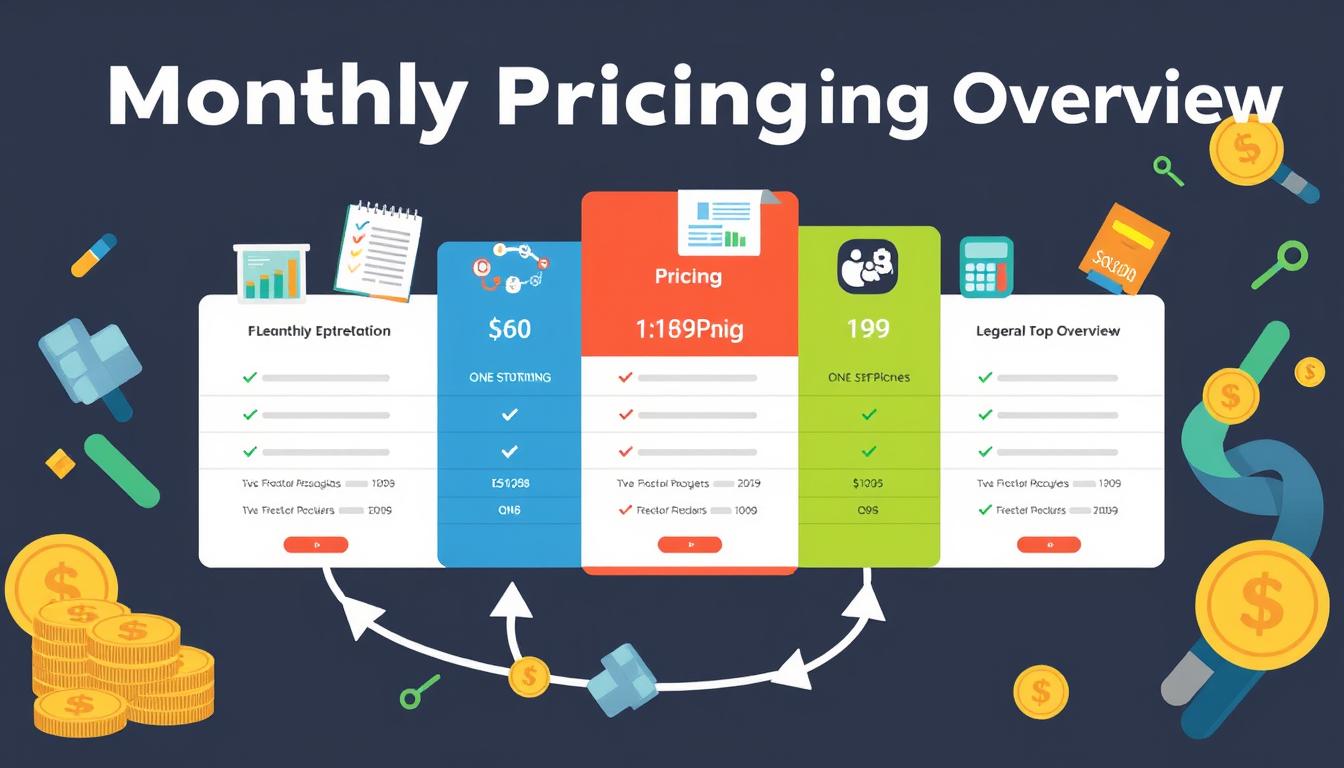
How much is quickbooks per month
Many users want to know the QuickBooks pricing for monthly costs. QuickBooks has various plans for different business needs. This lets users pick the right plan for their financial management.
What affects the QuickBooks monthly cost includes the QuickBooks edition, payment frequency, and extra features. This guide will explain the details of these plans. It will help you understand the costs of using QuickBooks for your business.

How does quickbooks work
QuickBooks is a key accounting software made by Intuit. It helps businesses manage their finances well. It works on a cloud-based platform, so users can access their financial data from anywhere.
This software makes tasks like bookkeeping, invoicing, and financial reporting easier. In this article, we’ll look at QuickBooks’ main features, its users, benefits, and challenges. We aim to help you understand how it can improve your financial management.

How do you record insurance payment in quickbooks
Recording insurance payments in QuickBooks is key for good insurance accounting. It helps business owners manage their money well and keep their books right. This is vital for the health of any business.
In this guide, we’ll show you how to record insurance payments easily. We’ll use QuickBooks guides and tips from accounting experts. This way, you can keep your financial records up to date.

How do you clock in hours in quickbooks desktop
In today’s fast-paced world, tracking time well is key for good payroll management. This article will show you how to clock in hours in QuickBooks Desktop. It’s a top accounting software that makes managing tasks easier. By learning how to track time, businesses can work better and pay employees right.
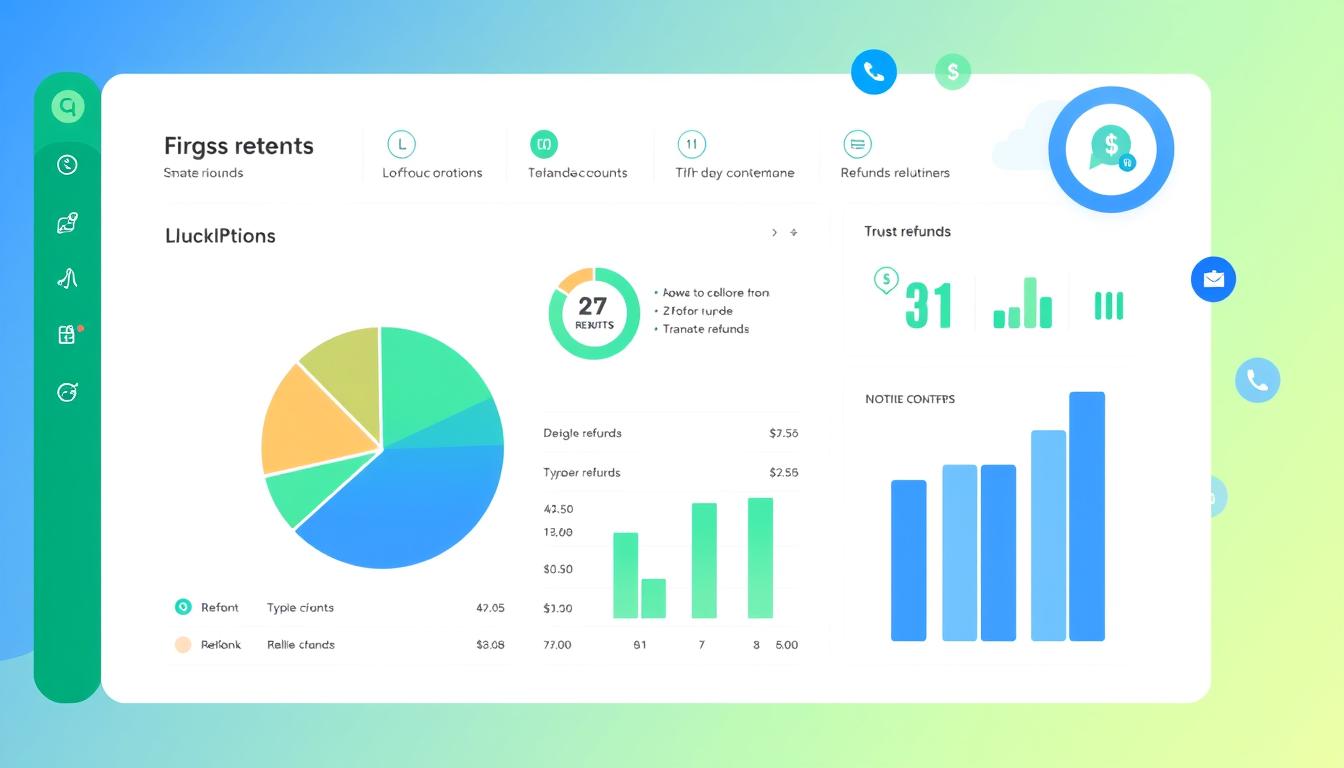
How are refunds categorized in quickbooks online
Knowing how to categorize refunds in QuickBooks Online is key for good financial management. It’s important to record refunds correctly to keep your finances clear. Businesses of all sizes can benefit from knowing how to do this right.
This knowledge helps make your financial records clear and accurate. It’s a basic step that can make a big difference.

Does quoteiq accept quickbooks online payments
Payment solutions are key in today’s business world. Many are looking into how platforms like QuoteIQ can improve their invoicing. A big question is: does QuoteIQ accept QuickBooks Online Payments? This article explores how QuoteIQ and QuickBooks Online Payments work together.
This shows how important it is to have good payment integration. It helps with cash flow and makes operations smoother. We’ll look at the benefits of using QuoteIQ with QuickBooks Online Payments. Plus, we’ll show you how to set it up.

Can you delete history under audit log quickbooks online
It’s important to know if you can delete entries from the audit log in QuickBooks Online. This is key for businesses that focus on financial accuracy and follow the rules. The audit log QuickBooks Online keeps a detailed history of changes to financial data. This ensures that all account activities are recorded clearly.
By tracking these changes, the audit log is crucial for good financial management. We will look into why the audit log matters and what happens if you try to delete its records. We’ll see how these actions impact your QuickBooks history.
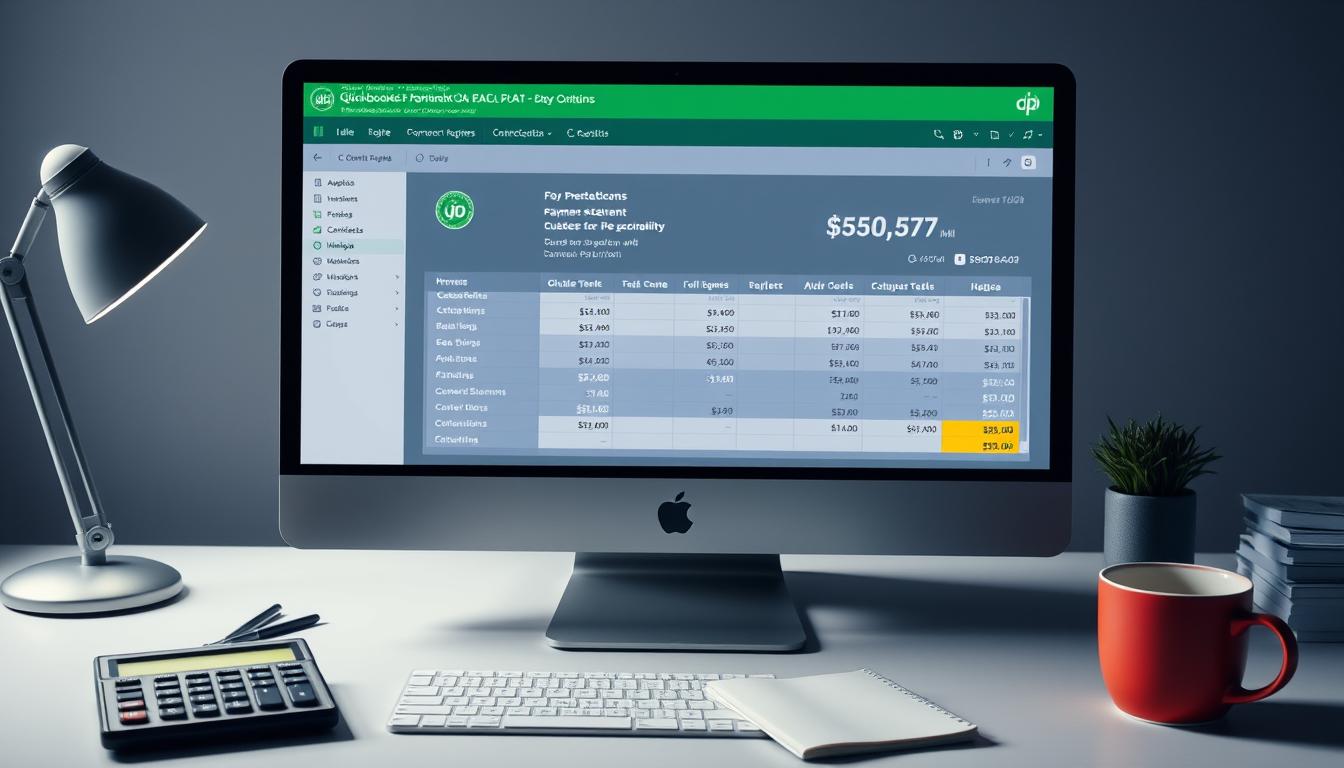
Can quickbooks recievepayment by statements rather that individual invoices
In today’s fast-paced world, businesses need quick and easy ways to handle payments. Many QuickBooks users wonder if they can pay by statements instead of invoices. This method makes accounting simpler for companies.
Using payment statements has big advantages over traditional invoices. QuickBooks helps businesses manage payments better. This article will show you how payment statements work in QuickBooks and how they can help your business.
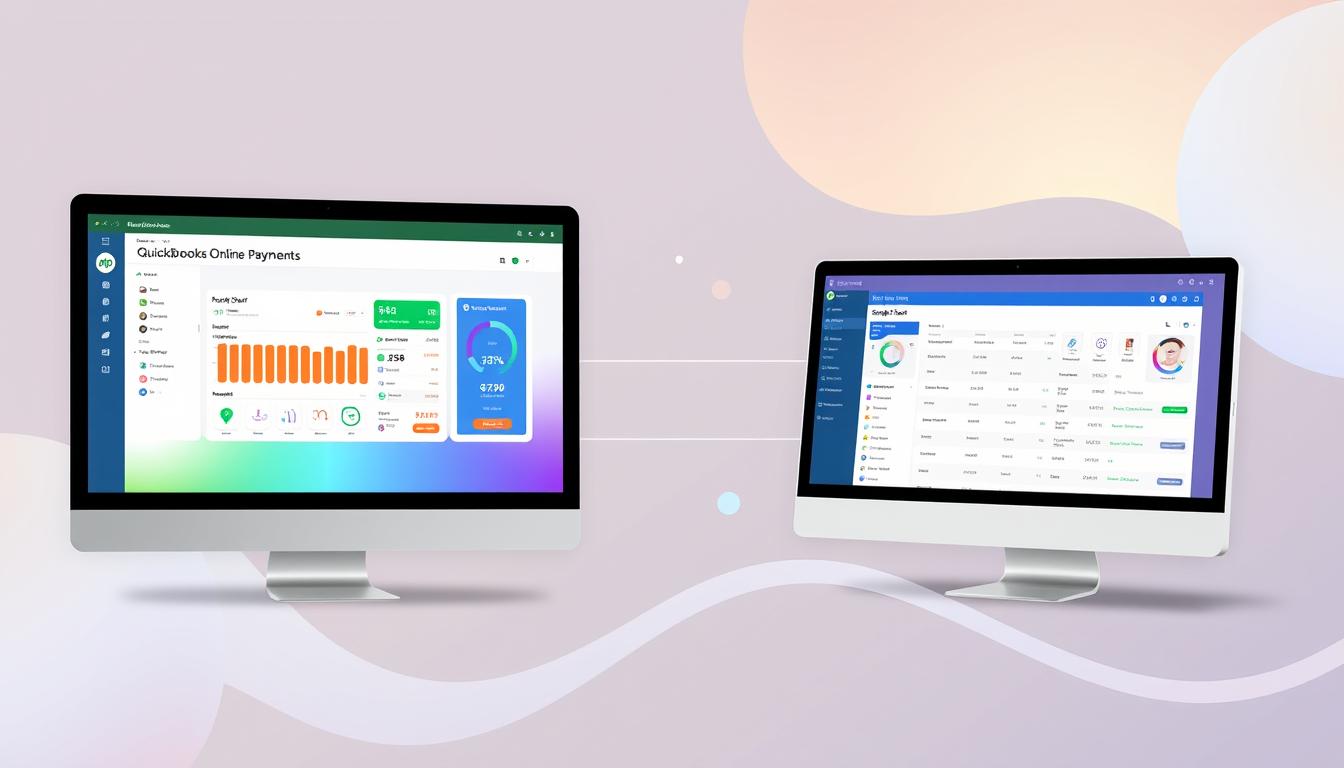
Can quickbooks online payments work with simple start
For small business owners, the question of whether QuickBooks Online Payments and QuickBooks Simple Start can work together is key. This integration is vital for managing finances effectively. It helps users handle transactions smoothly while using a basic accounting tool for solo businesses.
QuickBooks Online Payments lets users take payments online, making cash flow management easier. In this article, we explore how these two tools can boost efficiency for small businesses.